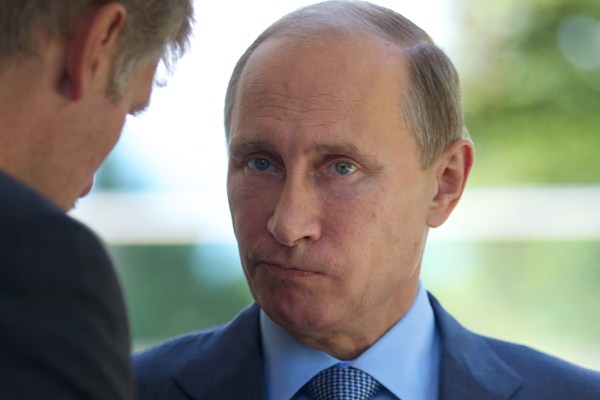As Russia’s intervention in Ukraine increasingly takes the form of an outright invasion, the strategic response by the West must be viewed through a different lens. No longer is the reaction of the U.S. and its European allies a matter of symbolism or messaging. The question now is whether economic sanctions, the West’s principal tactical weapon against Russia in Ukraine, can prove effective in pushing back against Russian President Vladimir Putin’s military advances.
Despite the news of a possible cease-fire agreement, there is little indication that Putin is giving up his effort to exert control over eastern Ukraine and undermine Kiev’s freedom of action. And so far, there is scant if any evidence that economic sanctions have produced the intended political and strategic results of rolling back Russia’s capture of territory and disruption of Ukrainian independence.
And yet, sanctions are a slow-acting weapon. Even if they have not visibly changed Moscow’s approach to Ukraine, they are having an impact on Russia’s economy, which is the path through which sanctions are intended to ultimately exert political pressure.

